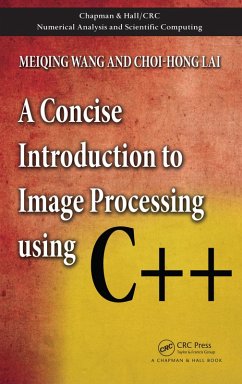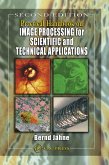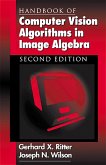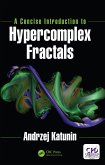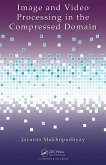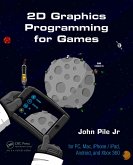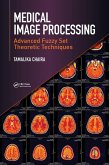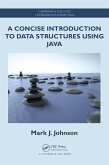Image recognition has become an increasingly dynamic field with new and emerging civil and military applications in security, exploration, and robotics. Written by experts in fractal-based image and video compression, A Concise Introduction to Image Processing using C++ strengthens your knowledge of fundamentals principles in image acquisition, conservation, processing, and manipulation, allowing you to easily apply these techniques in real-world problems.
The book presents state-of-the-art image processing methodology, including current industrial practices for image compression, image de-noising methods based on partial differential equations (PDEs), and new image compression methods, such as fractal image compression and wavelet compression. It begins with coverage of representation, and then moves on to communications and processing. It concludes with discussions of processing techniques based on image representations and transformations developed in earlier chapters. The accompanying downloadable resources contain code for all algorithms.
Suitable as a text for any course on image processing, the book can also be used as a self-study resource for researchers who need a concise and clear view of current image processing methods and coding examples. The authors introduce mathematical concepts with rigor suitable for readers with some background in calculus, algebra, geometry, and PDEs. All algorithms described are illustrated with code implementation and many images compare the results of different methods. The inclusion of C++ implementation code for each algorithm described enables students and practitioners to build up their own analysis tool.
The book presents state-of-the-art image processing methodology, including current industrial practices for image compression, image de-noising methods based on partial differential equations (PDEs), and new image compression methods, such as fractal image compression and wavelet compression. It begins with coverage of representation, and then moves on to communications and processing. It concludes with discussions of processing techniques based on image representations and transformations developed in earlier chapters. The accompanying downloadable resources contain code for all algorithms.
Suitable as a text for any course on image processing, the book can also be used as a self-study resource for researchers who need a concise and clear view of current image processing methods and coding examples. The authors introduce mathematical concepts with rigor suitable for readers with some background in calculus, algebra, geometry, and PDEs. All algorithms described are illustrated with code implementation and many images compare the results of different methods. The inclusion of C++ implementation code for each algorithm described enables students and practitioners to build up their own analysis tool.
Dieser Download kann aus rechtlichen Gründen nur mit Rechnungsadresse in A, B, BG, CY, CZ, D, DK, EW, E, FIN, F, GR, HR, H, IRL, I, LT, L, LR, M, NL, PL, P, R, S, SLO, SK ausgeliefert werden.

